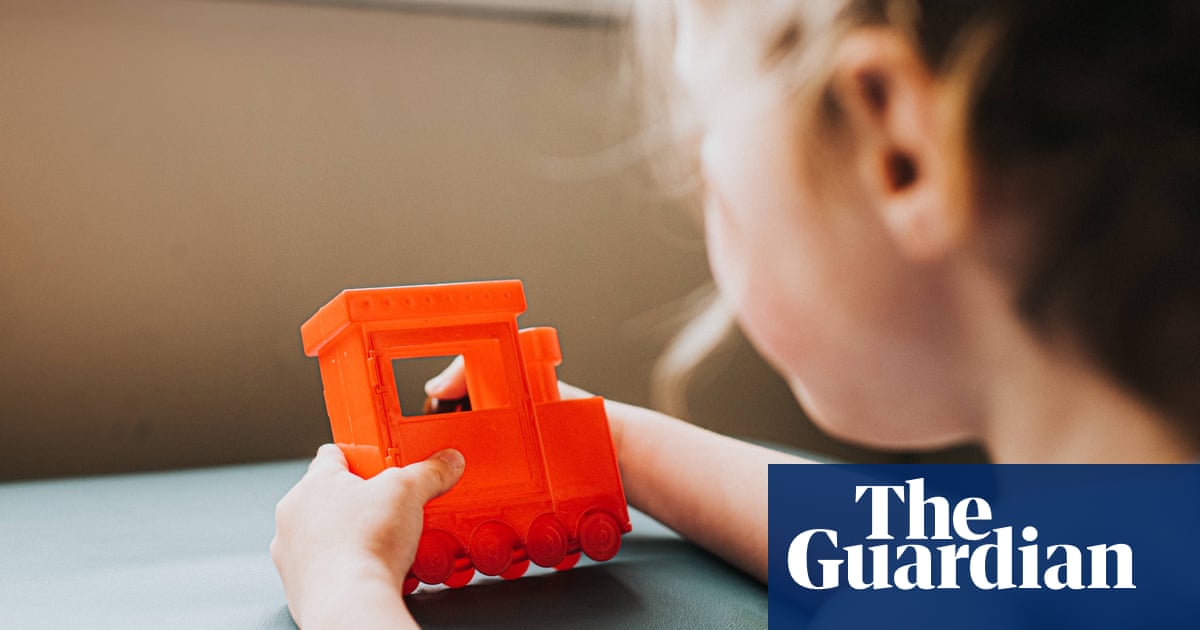- cross-posted to:
- [email protected]
- cross-posted to:
- [email protected]
Studies find red, blue and green plastic decomposes into microplastic particles faster than plainer colours
Retailers are being urged to stop making everyday products such as drinks bottles, outdoor furniture and toys out of brightly coloured plastic after researchers found it degrades into microplastics faster than plainer colours.
Red, blue and green plastic became “very brittle and fragmented”, while black, white and silver samples were “largely unaffected” over a three-year period, according to the findings of the University of Leicester-led project.
The scale of environmental pollution caused by plastic waste means that microplastics, or tiny plastic particles, are everywhere. Indeed, they were recently found in human testicles, with scientists suggesting a possible link to declining sperm counts in men.



Or maybe I’m missing the second half of the answer, but if that colored plastic continued to degrade more quickly, could it be better. I have no idea if there’s any way to get microplastics out of the environs that it’s everywhere, but it has to degrade eventually, right?